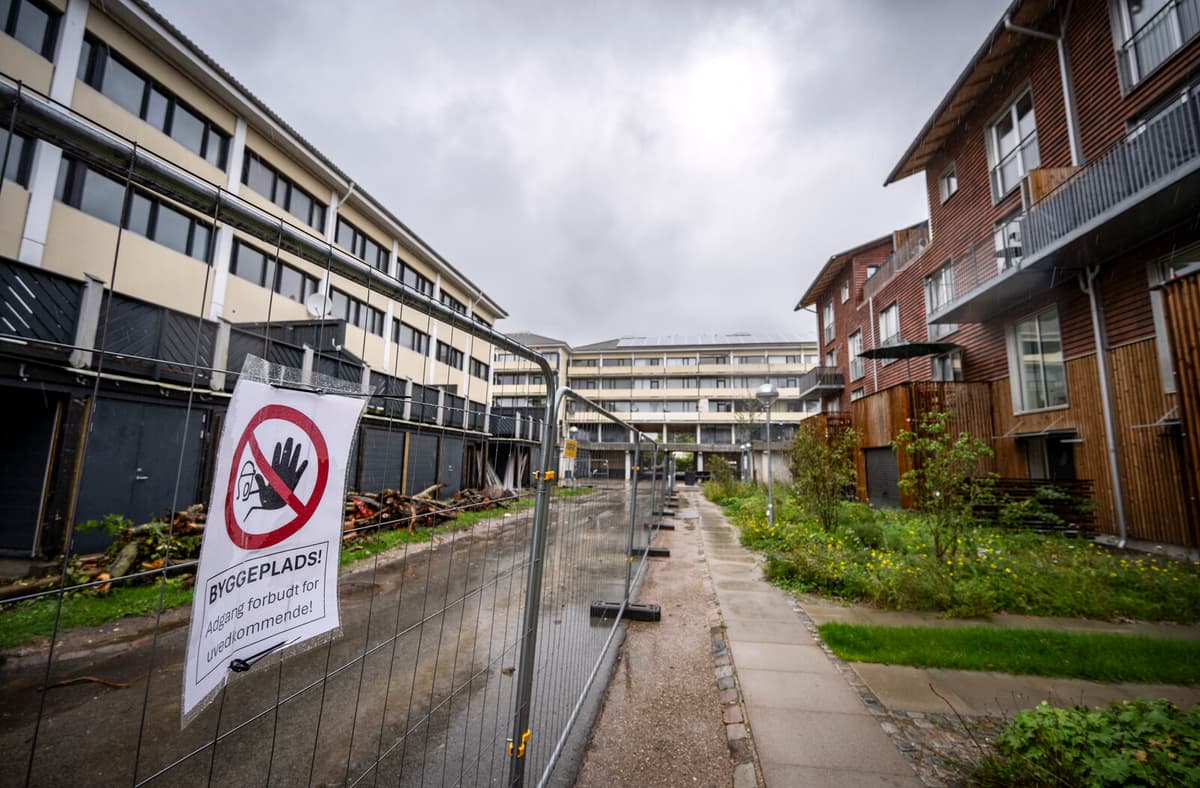In Taastrupgaard outside Copenhagen, opinions about the Danish "ghetto law" are divided. On one side of the area, there are dilapidated houses that are to be demolished after ending up on the country's "ghetto list". On the other side, there are newly built apartments where residents have already started moving in.
It was really needed. My old apartment was full of mold, says a man who didn't mind moving.
Two younger residents who are waiting to move in lament the new construction.
They tore down my home and all my childhood memories. We'll also have to pay more in rent now. They just want to make money off us, says one of them.
Demonstrated for several years
Denmark's "ghetto law" has since its introduction in 2018 sparked strong criticism from organizations that believe it is discriminatory to forcibly relocate residents based on ethnicity.
Yet, the Danish state went ahead with the law and demolished residential areas based on an assessment of four criteria: income, unemployment, crime, and non-Western citizens.
In the Mjölnerparken residential area in Copenhagen, residents demonstrated for several years, and as soon as they realized they would lose the battle, they turned to a lawyer to take legal action.
In Denmark, it stopped at the High Court, which considered the issue to be of principle and therefore should be taken up by the EU Court of Justice. The court will decide whether the criterion "non-Western citizens" contravenes EU directives on equal treatment, says Rosenberg Khawaja.
Stigmatizing to be pointed out
When the trial is held in Luxembourg on Monday, twelve former residents of Mjölnerparken will testify against the Danish state. The verdict is expected in three to six months.
Ethnic Danish people from Mjölnerparken will also testify to show the breadth of the problem. They have also been forced to move just because they happened to have a neighbor with the "wrong" ethnic background.
Mjölnerparken has become known as the area where the criticism has been most comprehensive. In Taastrupgaard, Dea Maria Petersen, who is responsible for the relocation, believes that most people have been positive:
As soon as they see the new apartments, they want to know when they can move in. Then it's clear that many can experience it as stigmatizing to be pointed out as a problem in society.






